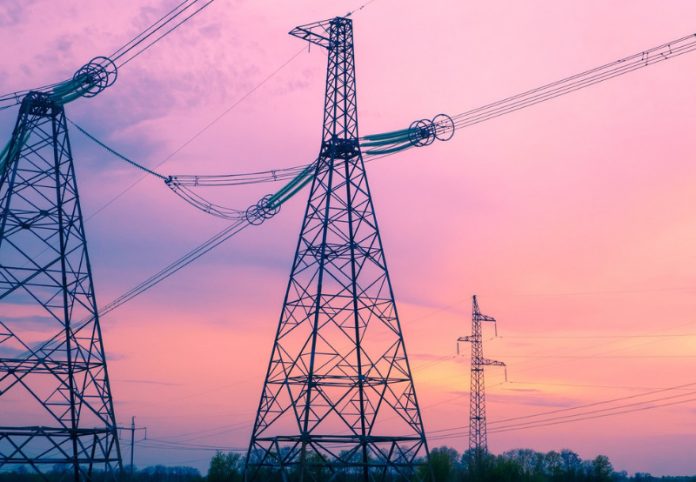ISLAMABAD: The industrial sector’s growth is on a downward trajectory needing reforms in the power sector for supply of affordable and uninterrupted energy, Rehman Naseem, Vice Chairman All Pakistan Textile Mills Association (APTMA), said this while talking to WealthPK.
Ill-informed policy decisions in the power sector by successive governments have resulted in the shrinkage of the rate of industrial growth in the last couple of years, he said.
According to the Pakistan Economic Survey (PES), the industrial sector showed a negative growth rate of 2.94% in FY2022-23 as against 7.19% growth in the previous year. Similarly, the growth of large scale-manufacturing stood at a negative 8.11%. In the previous year, the LSM showed a growth rate of 10.61%.
Rehman said the recent increase in the rate of electricity prices under the IMF conditions will further dent the competitiveness of our industrial products in the global market.
“The business community in Pakistan has expressed concern about the recent increment of Rs4.94 per unit in the electricity rates, leading to a revised base tariff of Rs29.78 from the previous Rs24.82. The resultant rise in the operational expenses is expected to render their products less cost-effective for both local customers and international purchasers.”
Highlighting the ill-informed policy decisions in the power sector, he said, “Successive governments tend to raise the tariff rates as a strategy to address the circular debt issue in the power sector, while concurrently providing subsidies to sustain the sector.”
According to the Economic Survey for the FY2023, the government disbursed Rs180 billion as subsidies for the independent power plants (IPPs) in the previous year.
For the Fiscal Year 2024, the subsidy for K-Electric (K-E) has been substantially raised to Rs315 billion.
In the ongoing year, the initial allocation for the K-E consumers was Rs80 billion; however, the actual subsidy amounted to Rs193 billion, surpassing the initial estimate.
Rehman advocated the reform agenda that would place emphasis on cheap energy rather than recoveries that have an adverse impact on the manufacturers.
“Despite several upward adjustments in power tariffs over the past years, the challenge of curbing the expansion of circular debt remains unresolved. This persistence is attributed to the absence of political determination from successive administrations to rectify the distribution losses, recover bills from the influential defaulters, and curb instances of electricity theft.”
It is beyond doubt that the growth of industries is intricately linked with the power sector. Meaningful reforms in the latter sector will have positive outcomes on the former one. –INP






